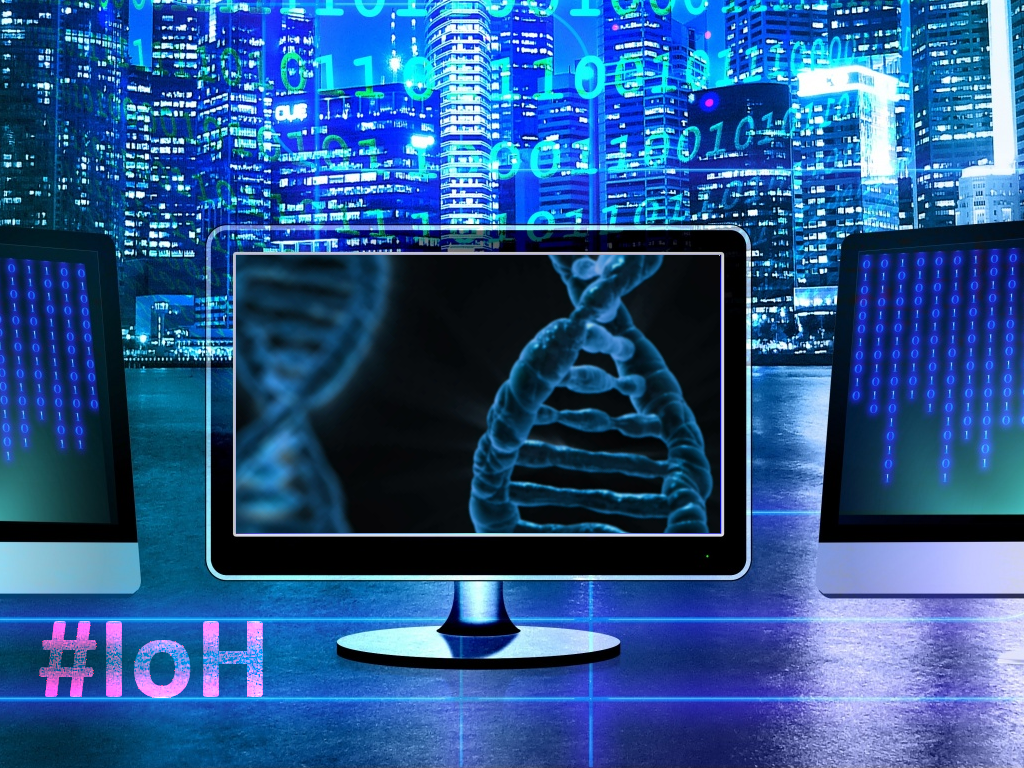Web 46:
The Web of the Future
The Problem
With the growing increase in problems among Web 2.0 sites, humanity faces an immense wall of frustration in trying to find information and connect with others in a meaningful way.
There is an increasing number of accounts on social media sites that are faked, cloned, machine-generated, or otherwise not genuine humans posting their own thoughts.
There is an increasing percentage of search results that are not the honest attempts of search services to connect visitors to information that is relevant to their questions or topics of interest.
There is an increasing number of places that creative people are instructed to spend their time marketing if they have any desire to make sales or reach audiences.
And the time has come for this to stop.
We won't make it stop by trying to force companies to act against their own interests (or greed or whatever you want to call it). We won't make it stop by trying to enforce ethical behavior.
We will only make it stop by making good behavior more profitable than bad. And we do that by making a more human World Wide Web. We have a whole world full of people, and most of them want the same things we want. Nobody wants to type in a search query and get back a mountain of things that don't fit, for example.
We do it by being more independent and more thoughtful and more diligent.
The Path to Here
We started with a network of networks of information, an Internet of Info. Then we started wanting our machines to do things based on network traffic, so we made an internet of things, or IoT. And as bots become more sophisticated, and as companies become more willing to steal the work of others with bots, we're rapidly getting an ROI of a network of networks that went from IoI to IoT to IoR.
But it doesn't have to be that way. We can Make a right turn or a U-turn, and we can head back to where we were at the end of the first Internet era, when there was a merging of information and personal engagement. We can leave product engagement behind and form an Internet of people, an IoP— or IoH, to be phonetically distinct from IoT.
The Path Forward
To make this Internet of humans, we need people to create their own curated link lists that contain things that interest them that are not product placement or ad supported. We can link these together and run a spider on them to make a better search engine service that doesn't try to push advertisers' pages and inhibit searches from finding what they need.
We can even emulate the best parts of social media without compromise. A bit of code like a Web ring would show like and comment buttons, differentiated by Oauth, that would have the interaction of social media without the gate keeping. Additionally, a report button could allow visitors to mark content that is fake or machine-generated.
Your Part
And you can help. Find a template for a basic Web page, and use it to create your own curated list of links and personal Web profiles. Find articles that talk about useful information and put a link on your page listing its address and the topics it covers, as well as any description you can give about why that page matters. Then link your list of links in the field for your personal Web site everywhere you can: social media profiles (if you have them), email signatures, business cards, and anywhere else you're associated with a Web presence.
And when you see others, consider adding them to your IoH pages.
Need help getting started? Check out the sample page I put together: Web46 IoH sample
If you agree with this idea, share this post via email or social media with people you think might benefit from it, with the tag #IoH, to spread the idea of an Internet of Humans. If you're not into sharing, post your own thoughts with the #IoH tag. I'd love to read them.
Image credits:
Image created with public domain assets. Thanks to the artists for releasing them.
Gerd Altmann https://www.publicdomainpictures.net/en/view-image.php?image=369984&picture=digitalization
Виталий Смолыгин https://www.publicdomainpictures.net/en/view-image.php?image=31530&picture=structure-of-dna


